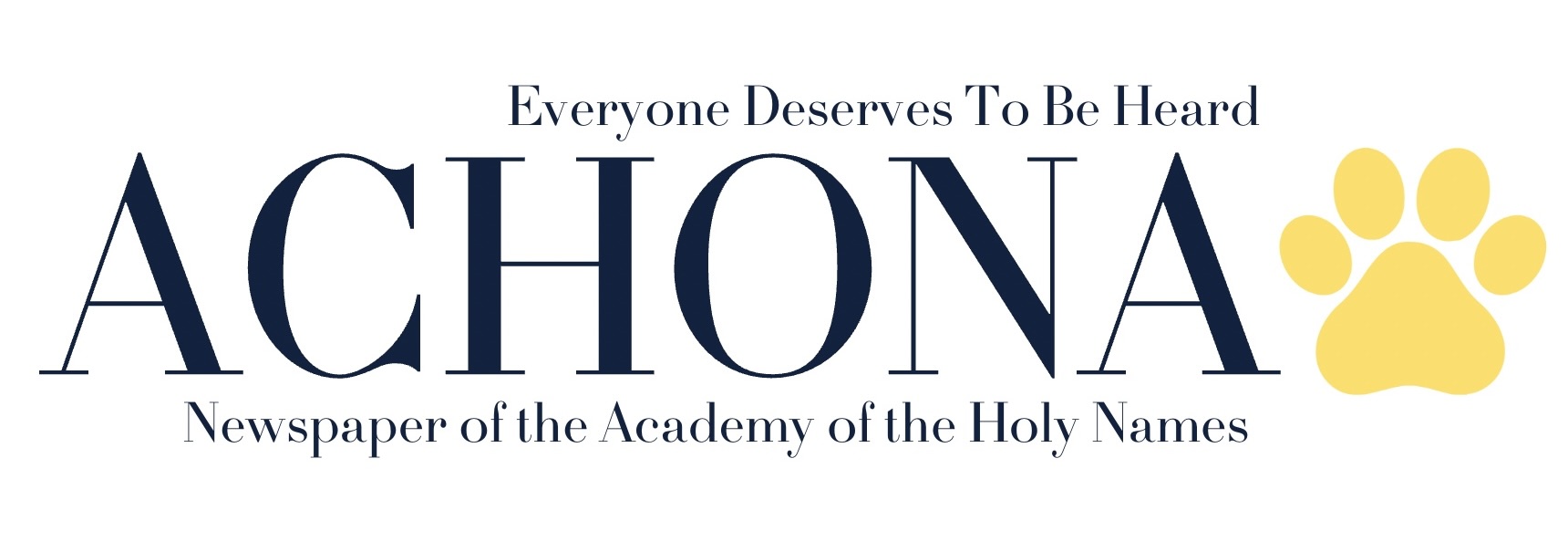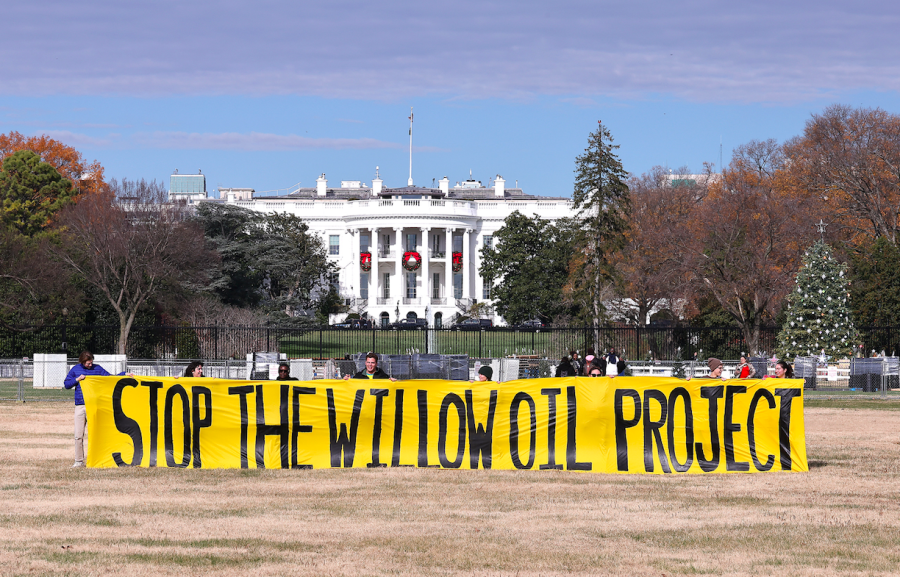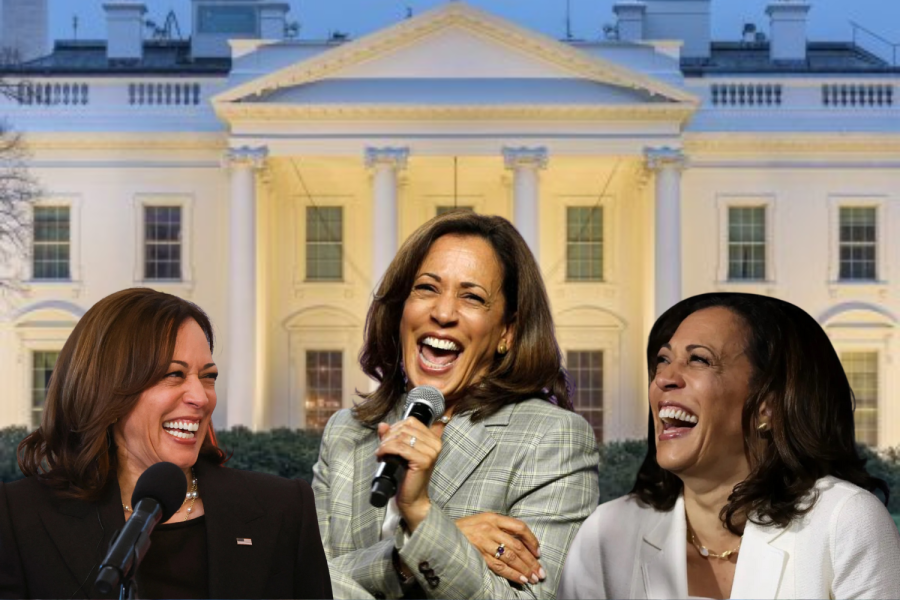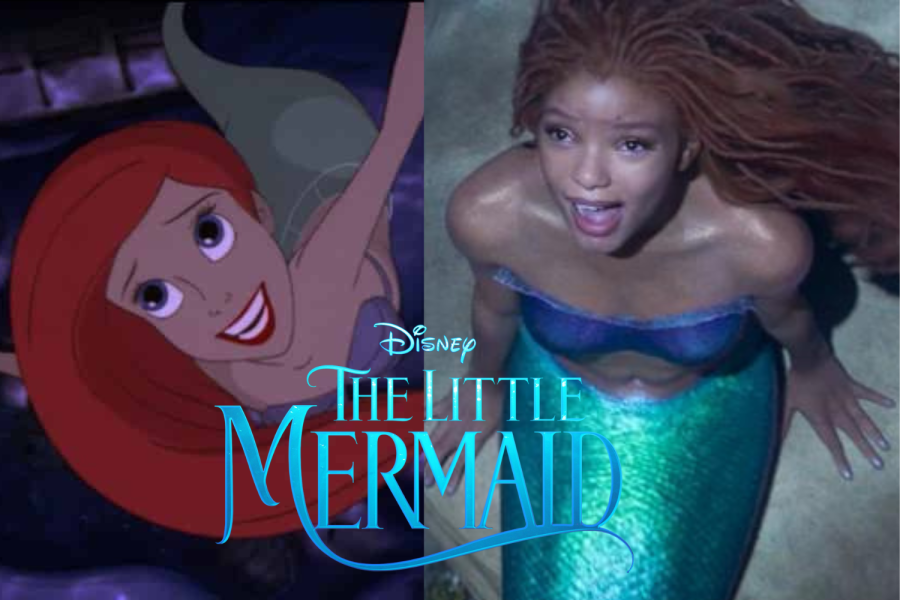From October 1st through October 7th, Banned Books Week is held in libraries and schools across America to celebrate the freedom to read. The American Library Association describes Banned Books Week as “an annual event celebrating the freedom to read. Typically held during the last week of September, it spotlights current and historical attempts to censor books in libraries and schools.” During Banned Books Week, people are encouraged to read banned books or challenged books, advocate against censorship, and advocate for the freedom to read.
The American Library Association’s Office of Intellectual Freedom “tracks attempts to ban or restrict access to books across the United States and to inform the public about censorship efforts in our libraries and schools.” Last year in 2022, 1,269 demands of censorship were made to public libraries. This number nearly doubles the number from 2021 which was 729. These book bans often target books written about or by members of minority groups. LGBTQ+ and POC books and authors are the main targets of these bans.
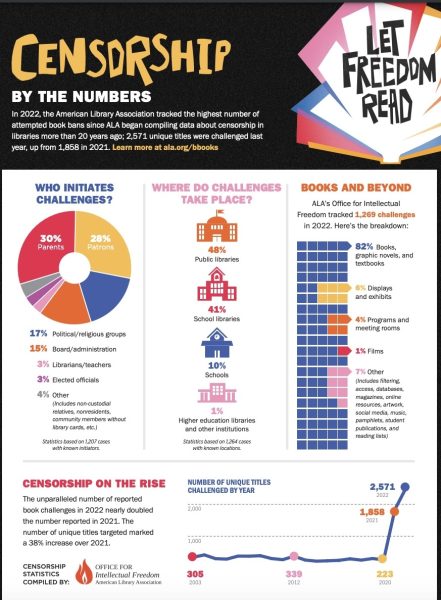
AP Literature teacher Sara Moses says “I think it’s important that instead of banning books, we empower our students with the curiosity and language that enables them to engage in meaningful discourse about topics that come up in these texts. Ignoring difficult or sensitive topics doesn’t accomplish anything, but having conversation allows us to embrace the humanity that exists in all of us and these texts alike.”
Book bans and challenges are forms of censorship. The difference between bans and challenges is that challenges are an attempt to remove or restrict books and bans are removal of those books. Censorship has always been a problem in the US, even though the constitution grants us freedom of press in the 1st Amendment. AP Language and Composition teacher Diane Masiello says, “To ban books is to remove parts of a cultural conversation that existed long before we were born and will continue long after we are gone. While I respect a parent’s desire to protect their young children from material that is too confusing for their developmental stage, and think that parents should be allowed a say in what their own children read, no one in the U.S. should have the right to take access to any literature away from any group of people. All books are valuable in their own way, and while we don’t have to put them all front and center in our libraries, they should be accessible to anyone who wants to read them.”
Yet bans to libraries or entire school districts does just that. Masiello continues, “As a teacher, writer, and parent of two Academy students, I have always believed that dealing with difficult concepts and issues is essential to developing independently thinking adults. We cannot bury writers’ thoughts and ideas in a misguided belief that it will make them go away. It is only in grappling with difficult texts that our children will develop the resilience and strength to fight them.”
Book bans are very upsetting in particular to lovers of books. T’Niya Brooks ‘26 says “I love reading, It’s how I get away from the world. Reading books about characters or ideals different from what you believe in is how you learn. By banning books, you take away someone’s voice, story or sense of self and I am against taking away any of those things, because that’s what makes us all different, unique, and interesting.”
As a result of book bans readers are deprived of books they may want to read or books that they can learn many things from. people who push book bans claim it is for the safety of children but is it not the parents job to decide what books are appropriate for their children? Every parent has varying opinions on appropriateness so it should not be the decision of one parent that affects all.
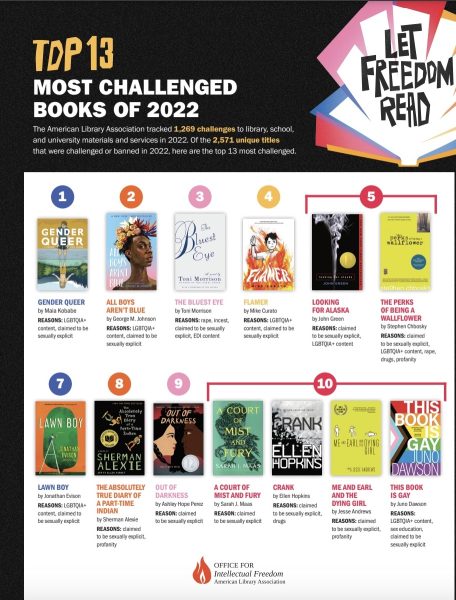
Banned Books Week highlights just how much our society is being affected by censorship and how minority voices are being silenced. AP Language and Composition teacher Sabrina Martinez says “I’m always elated to see students reading a book on their own time. Sometimes we can find not only understanding and empathy in reading about difficult topics, but some may also find solace in knowing others have gone through similar experiences. A book that’s good for one person, may not be a good fit for another, so I encourage students to find books on topics that are meaningful to them. And of course, when we are reading for fun, it’s 100% okay to abandon a book that doesn’t work for you.”
If we continue to let our freedom to read to be taken away, censorship won’t just stop there. We must stand up and read and support banned books.

